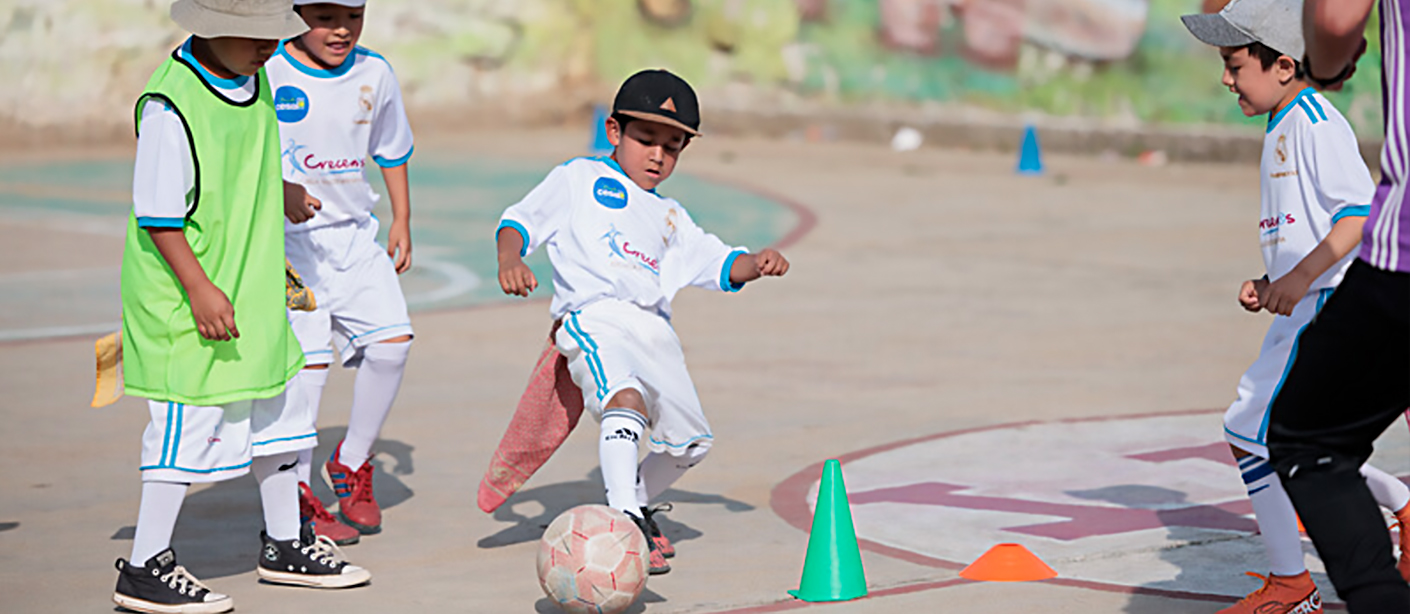The Food-Mood Connection
Food can also be an important part of mental health. Nutrients such as folate, vitamin B6 and choline are necessary to synthesize certain brain chemicals, called neurotransmitters, that regulate mood and memory. An imbalance of neurotransmitters is often associated with mood-related conditions like anxiety and depression.
That's not the only way food can impact your child's emotional health: A diet lacking essential nutrients can also alter the way the body burns fat, carbohydrates and calories, which can lead to them becoming overweight or obese. Staying at an unnatural weight can increase a child's odds of developing chronic diseases, such as type 2 diabetes and heart disease, later in life; it also takes an emotional toll, as children who are overweight are more likely to experience bullying and depression.
Nutrition for Kids’ Peak Performance
When kids don't get the nutrients that they need for growth, they may start to slow down, in both learning and on the playground.
The good news is proper nutrition for kids may reverse that trend: According to one study published in the Journal of Human Nutrition and Dietetics, when children at risk for undernutrition received nutrition counseling and consumed an oral nutritional supplement such as PediaSure twice daily, they experienced improvements in physical activity and appetite levels and had fewer sick days after just two months, according to their parents.
Related: Does Your Child's Growth Need a Jumpstart?
Making Healthy Habits Happen
If you're concerned that your child hasn't been getting the nutrition that they need for growth and brain development, research shows that it's possible to catch up. "When a child will only eat certain foods or is refusing meals, there can be a lot of stress that affects the whole family dynamic in negative ways," says Williams. Be sure to talk to a pediatrician about any eating or growth concerns you have.
With the following tips, the solution to poor eating habits could be as close as small efforts made across the kitchen table:
- At meals, offer a mix of your child's favorites as well as some new foods.
- Gently encourage your child to try new foods, but don't pressure them.
- Keep in mind that everyone has foods that they do and don't like.
- If your child refuses what's on the table, don't be a short-order cook. Instead, offer a simple alternative such as a bowl of fortified cereal or a peanut butter sandwich.
- Use healthy snacks to fill in nutrient gaps throughout the day.
You can also help your child appreciate and, ideally, even enjoy the nutrients on their plate by setting a healthy example. Reinforce that these foods are optimal for their well-being, both now and well into the future, too. Over time, if you eat a well-rounded diet, chances are your child will want to do the same.



